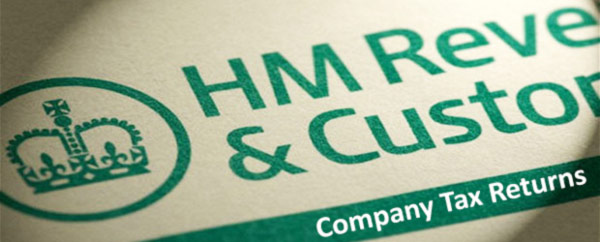The recent vote from Britain to leave the EU this has caused shock waves all over the financial markets. The pound dropped to its lowest in 31 years and the FTSE 250 saw massive losses. But how exactly will Brexit affect taxation in the UK?
What is the EU?

Without going into too much detail the EU was formed after WW2 ended to ensure countries would never go to war with each other again. France and Germany came up with an idea to share their resources with each other and thus signed a trade deal to do so.
Since then the EU has grown and more countries have joined the trade group. Currently the EU has 28 member states with Croatia being the last to join in 2013.
So What’s the Fuss?
Although we don’t actually leave the EU until article 50 has officially been invoked we can already see the effects on our financial markets and businesses.
Since we have voted to leave the EU this means we will no longer be part of an open free trade plan with other EU countries. As we are not officially a member of the EU it will be down to us as a country to individually negotiate our own trade deals, terms and tariffs with other countries.
The main fuss is how favourable these trade deals will be and if they will be better or worse than the ones we had before. If they’re better we could see great economic growth within our country as imports would be cheaper due to paying less tariffs. If on the other hand these tariffs are much higher it could have a much worse effect.
There are also a whole range of other aspects that will affect the UK’s economy such as funding for agricultural, research, rural developments and security. But what exactly does this mean for your business and tax?
The Chancellor of the Exchequer, George Osborne has recently announced that the decision to leave the EU will mean there will be a lot of tax rises and spending cuts.
Corporation Tax

Corporation tax in the EU has not been centralised and each country of the EU set their own Corporation Tax with Britain’s currently being 20%.
Before Brexit the Chancellor announced that corporation tax would be lowered to 17% by 2020. But recently George Osborne has announced that he planned to cut Corporation Tax to 15%, although he did not state by when.
This has been done as an incentive to increase foreign investment in the UK during the uncertain times. Since the Brexit vote was declared, many large companies such as Easy jet, Vodafone and many financial banking institutes have stated they would potential move their businesses abroad.
VAT
Just as the UK has done in the past during tough times it is entirely possible the UK will cut its VAT tax rate in order to help stimulate the economy. The actual figure that it is reduced too will have to be determined at a later date.
During the financial crisis in 2008 – 2010 the VAT rate was reduced to the EU’s minimum of 15%. Now it’s unlikely we’d go below that now but with it currently being at 20% it’s possible we could go back to 17.5% or even 15%.
Lowering the VAT rate in theory makes items cheaper and encourages people to spend more. Not only does this help stimulate the economy but it can also actually bring in more tax revenues.
Capital Gains Tax
Any change to the capital gains tax rate in the upcoming years is likely to be based on efforts to increase tax revenues or stimulate economic growth. Since the 2016 budget the 18% rate on chargeable gains was reduced to 10%. At the same time the previous 28% rate was cut to 20%.
It’s still unknown what exactly will happen to the CGT rate and it is likely the new government will have the final say on it. The rates could be kept the same to encourage economic growth or the government could decide GTC is a vital source of its tax revenues and reverse them back to the previous rates.
No matter what changes happen to tax in the UK, CRBH will always be up to date. If you’re a small business that needs some professional tax advice then we offer a range of tax services to free up your time. Contact us below for more information on how we can help.












Leave A Comment